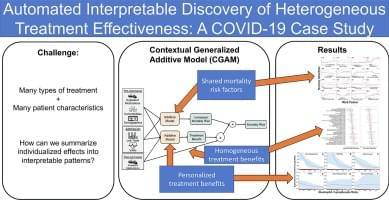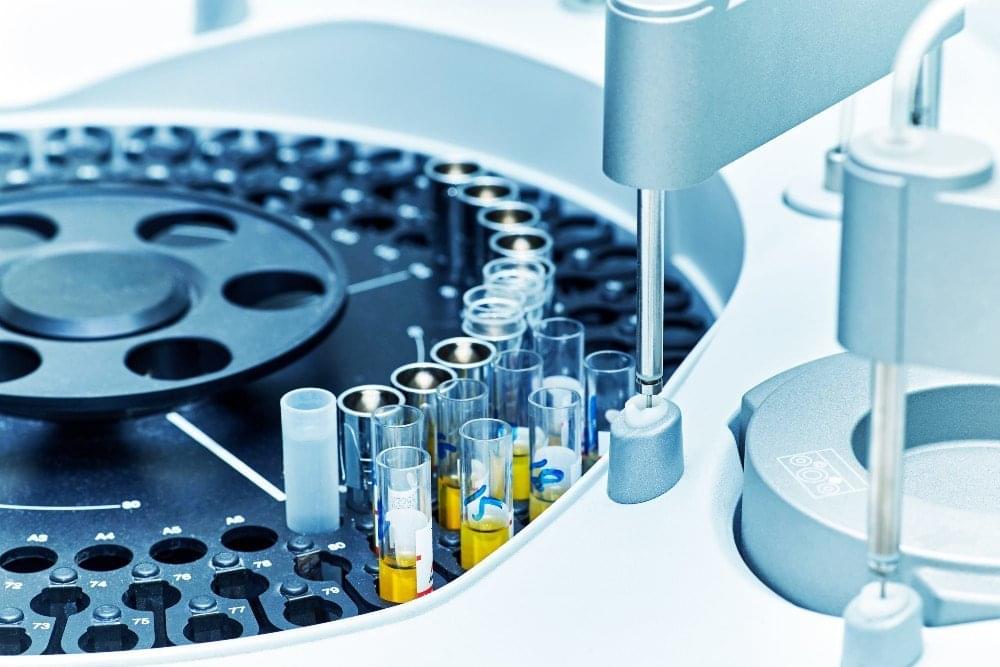
Benjamin Franklin stated, “If you would not be forgotten as soon as you are dead and rotten, either write things worth reading, or do things worth the writing.”
MIT’s well-known late Director of Artificial Intelligence Laboratory, Patrick Winston, expanded upon this adage, saying, “Your success in life will be determined largely by your ability to speak, your ability to write, and the quality of your ideas. In that order.”
We are at a precarious point in human development, with the positive and negative impact of technology surrounding us as individuals and as a society. Technology has helped improve our living standards, extended our lives, cured diseases, fed our growing populations, and expanded our frontiers. But it has also helped create greater economic and digital divides, increased pollution and harm to our environment, and potentially endangered the intellectual development of our human population.


















